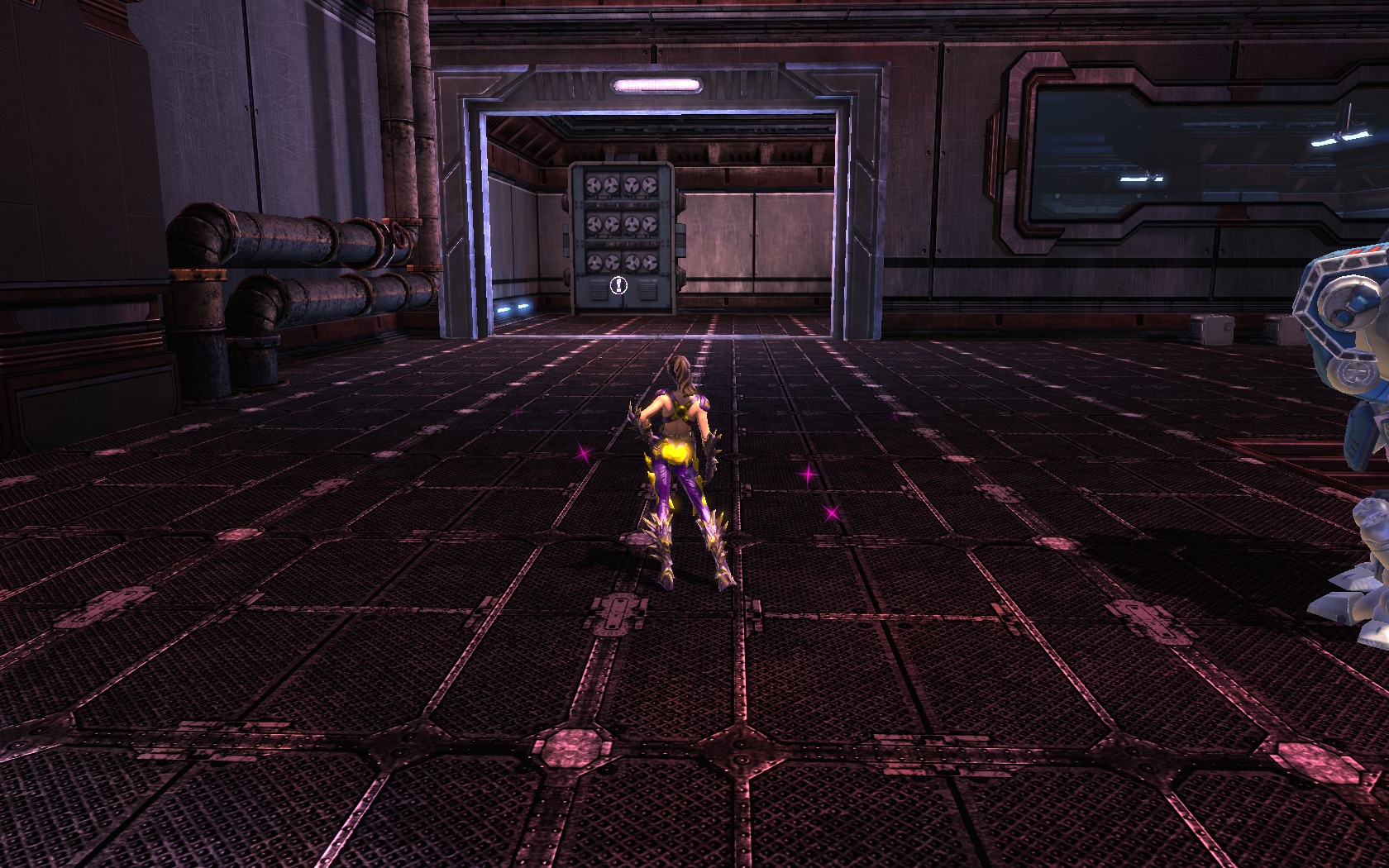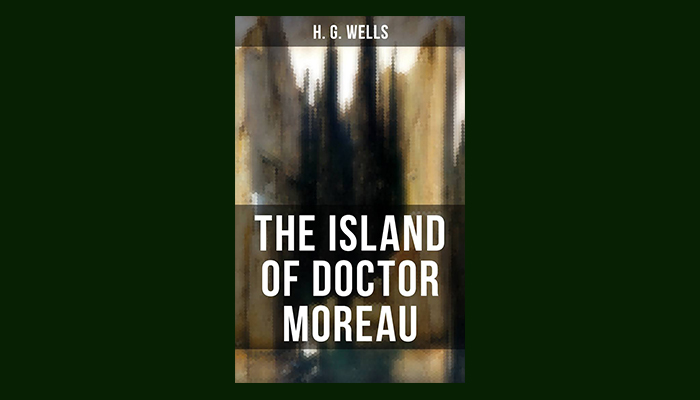



Would I have responded differently at that first viewing if I’d known that the production was a chaotic disaster? Possibly. That isn’t just a critical and audience opinion it’s shared by many people who worked on it. In fact, it remains a favourite today, even though I do now know about its troubled history and am fully aware of the utter contempt in which it’s held by almost everybody else as “one of the worst movies ever made”. MoreauĪnd so I went to the movie “fresh”, without any negative preconceptions. Marlon Brando’s eccentric conception of Dr. Kenton’s pre-code masterpiece Island of Lost Souls and Don Taylor’s dismal 1977 version, plus a couple of made-in-the-Philippines horror cheapies I had read about but, at that time, not yet seen) it had an interesting cast in Marlon Brando, Val Kilmer and, particularly, David Thewlis, who had been so impressive (and disturbing) in Mike Leigh’s Naked (1993) and it was directed by John Frankenheimer, a filmmaker of whose earlier work I was a big fan even though he hadn’t made an interesting theatrical feature in two decades (he had, however, done some good work for television in the intervening years, like The Burning Season and Andersonville, made immediately before Moreau). (I have a higher opinion of it now after seeing it a few more times, but more particularly because I know more about Stanley himself now.) When Moreau was released, I wanted to see it for a number of reasons: it was based on a great novel which had been tackled by several filmmakers in preceding decades with varying results (Erle C. I had seen Richard Stanley’s Hardware (1990) several years before, but it hadn’t made much of an impression it seemed fairly derivative ( Mad Max and The Terminator), was reasonably well-crafted, but not enough to make it stand out. Moreau in 1996, I knew very little about the background of the production or the man who had originally initiated the project. Richard Stanley with the dog-man mask he wore as an extra on the set of The Island of Dr.


 0 kommentar(er)
0 kommentar(er)
